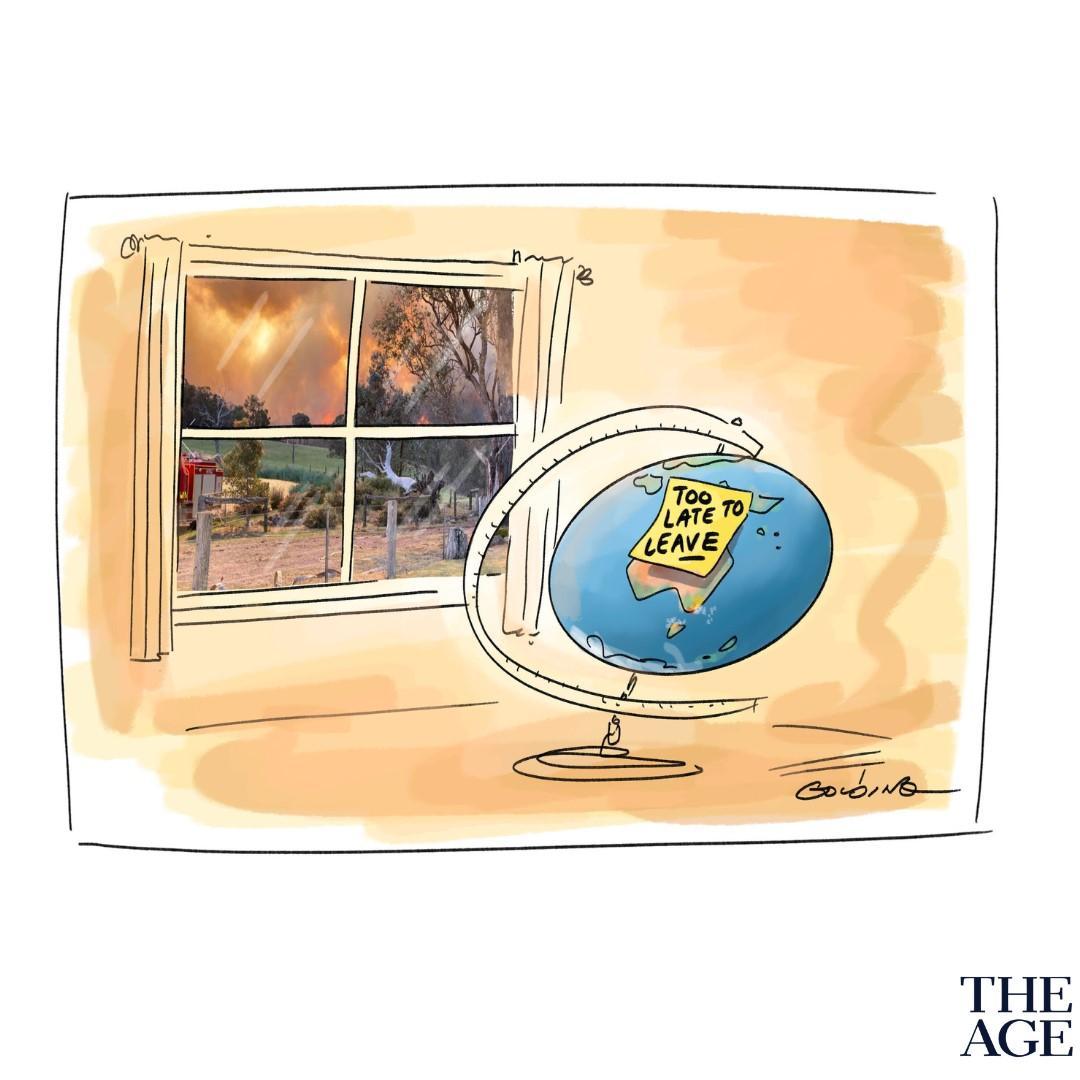Apostolic Exhortation
Laudate Deum
of the Holy Father
Francis
To all people of goodwill on the climate crisis

Wednesday 4th October
Pope Francis has released a new document on the environment that he has described as the “second part” of his 2015 encyclical Laudato Si’, and warns of “grave consequences” if humanity continues to ignore the threat of climate change.
Laudate Deum’s publication date – October 4th – is the feast of St. Francis of Assisi, from whom Pope Francis drew his pontifical name at the start of his papacy in 2013. It is also the start date of the first month-long assembly in Rome of the ongoing Synod on Synodality.
The apostolic exhortation, titled Laudate Deum (“Praise God”), is meant to address what Pope Francis calls the “global social issue” of climate change. He said that in the eight years since Laudato Si’ was published, “our responses have not been adequate” to address ongoing ecological concerns. In 2021, he launched the Catholic Church’s seven-year “Laudato Si’ action plan: “We need a new ecological approach that can transform our way of dwelling in the world, our styles of life, our relationship with the resources of the Earth and, in general, our way of looking at humanity and of living life”. Later that year the Pope joined religious leaders in calling upon the global community to “achieve net zero carbon emissions as soon as possible” to head off potentially devastating temperature rises.
Releasing Laudate Deum this week, the Pope noted that climate change is one of the principal challenges facing society and the global community impacting the world’s most vulnerable people, and that the climate issue is “no longer a secondary or ideological question.” The effects of climate change “are here and increasingly evident”. He warned of increasing heat waves and the possible melting of the polar ice caps, which he said would lead to “immensely grave consequences for everyone.”
“No one can ignore the fact that in recent years we have witnessed extreme weather phenomena, frequent periods of unusual heat, drought, and other cries of protest on the part of the earth that are only a few palpable expressions of a silent disease that affects everyone”.
The Pope criticised those who “have chosen to deride [the] facts” about climate science and stating bluntly that it is “no longer possible to doubt the human – ‘anthropic’ – origin of climate change.”
“It is not possible to conceal the correlation of these global climate phenomena and the accelerated increase in greenhouse gas emissions, particularly since the mid-20th century. The overwhelming majority of scientists specializing in the climate support this correlation, and only a very small percentage of them seek to deny the evidence.”
Pope Francis described a “technocratic paradigm” that has “destroyed” the mutually beneficial relationship with the environment that humans have at times enjoyed. Humanity’s “power and the progress we are producing are turning against us”.
Francis noted that climate mitigation efforts over the years have been met with both “progress and failures,” though he expressed hope that next month’s 2023 United Nations Climate Change Conference – COP28 (Nov 30-Dec 12) could “allow for a decisive acceleration of energy transition, with effective commitments subject to ongoing monitoring.”
(UN Climate Change on Facebook]
He argued, however, that longtime global diplomatic arrangements have failed to meet the challenges of the climate emergency. “It continues to be regrettable that global crises are being squandered when they could be the occasions to bring about beneficial changes”. The world, he argued, should look toward “the development of a new procedure for decision-making” to solve global problems.
The Pope pointed to what he described as the “spiritual motivations” of climate action, noting that the Book of Genesis records that, upon his creation of the universe, “God saw everything that he had made, and indeed, it was very good.”
“‘Praise God’ is the title of this letter,” Pope Francis wrote at the encyclical’s conclusion. “For when human beings claim to take God’s place, they become their own worst enemies.”